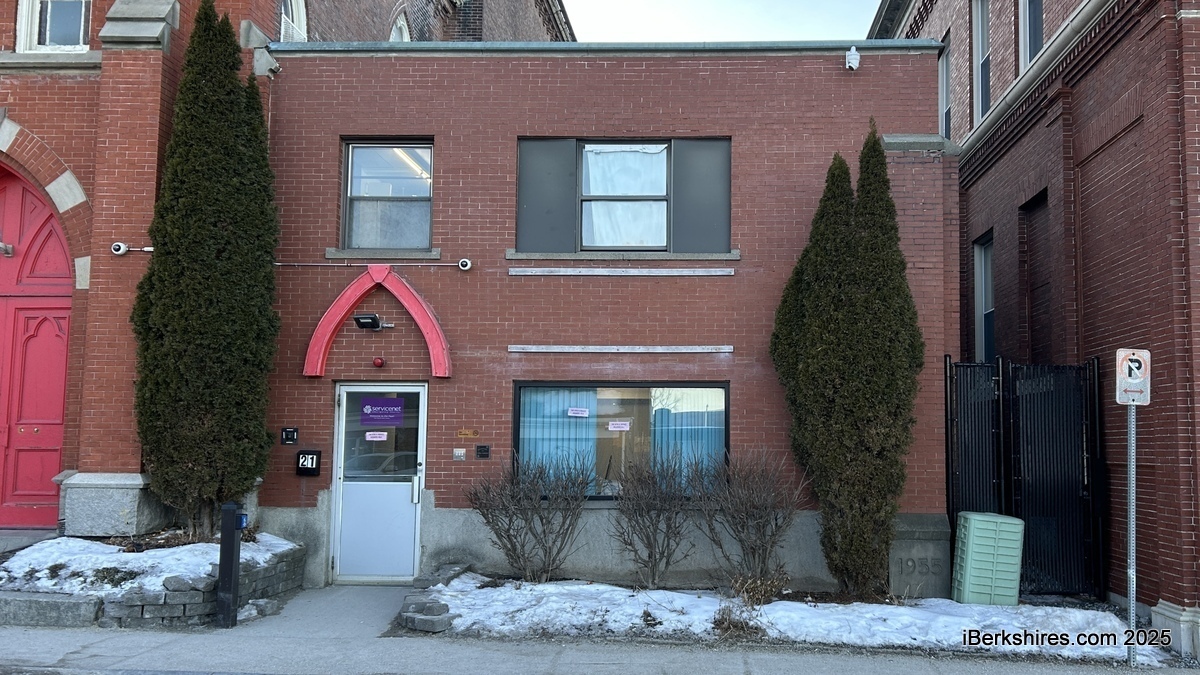Clarksburg Meeting On Dam Postponed
 |
Representatives from the state's Riverways Program had planned to present the commission with a notice of intent to remove the nonfunctioning dam but had called off the trip from Boston on Tuesday, said Town Administrator Michael Canales.
A foot or more of snow had been expected to hit the state beginning early Wednesday morning, prompting widespread cancellations of schools and meetings. By late afternoon, the storm had moved far to the southeast and the region got barely a dusting.
The dam has been designated a significant hazard by the state because one side has moved off its footings. Engineers have estimated it would cost $700,000 just to make it safe.
The town had looked into the possibility of restoring it as a power source but the cost, condition and other factors, including an endangered habitat, had dissuaded officials from pursuing it. The dam's 15-foot drop also doesn't create a significant enough flow to make it worth restoring it.
"If the town of Clarksburg had $700,000, I'd be damned if I'd spend it on that," said Selectman Carl McKinney at a recent meeting. "I'd build a gymnasium for the school for the children."
Cascade School Supplies, which became the owner of the dam when it purchased the former Strong-Hewat mill, is not interested in investing the more $1 million to make it functioning.
The Riverways Program, in partnership with the town, Cascade, the Hoosuck Chapter of Trout Unlimited, several state and federal environmental agencies, National Grid and the Hoosic River Watershed Association, propose to remove the dam and restore some 30 miles of headwater along the North Branch of the Hoosic River.
The project received a waiver in 2008 from having to file an environmental impact report under the Massachusetts Environmental Police Act and the state Highway Department recently completed a review stating that the bridge just to the north of the dam would not be negatively affected during the removal process.
Canales said state and federal funding was ready to tear down the dam and that was how the town would proceed.
It was not yet confirmed if Riverways Program officials would appear at the next Conservation Commission meeting.
The Selectmen's meeting tonight has also been canceled.
















